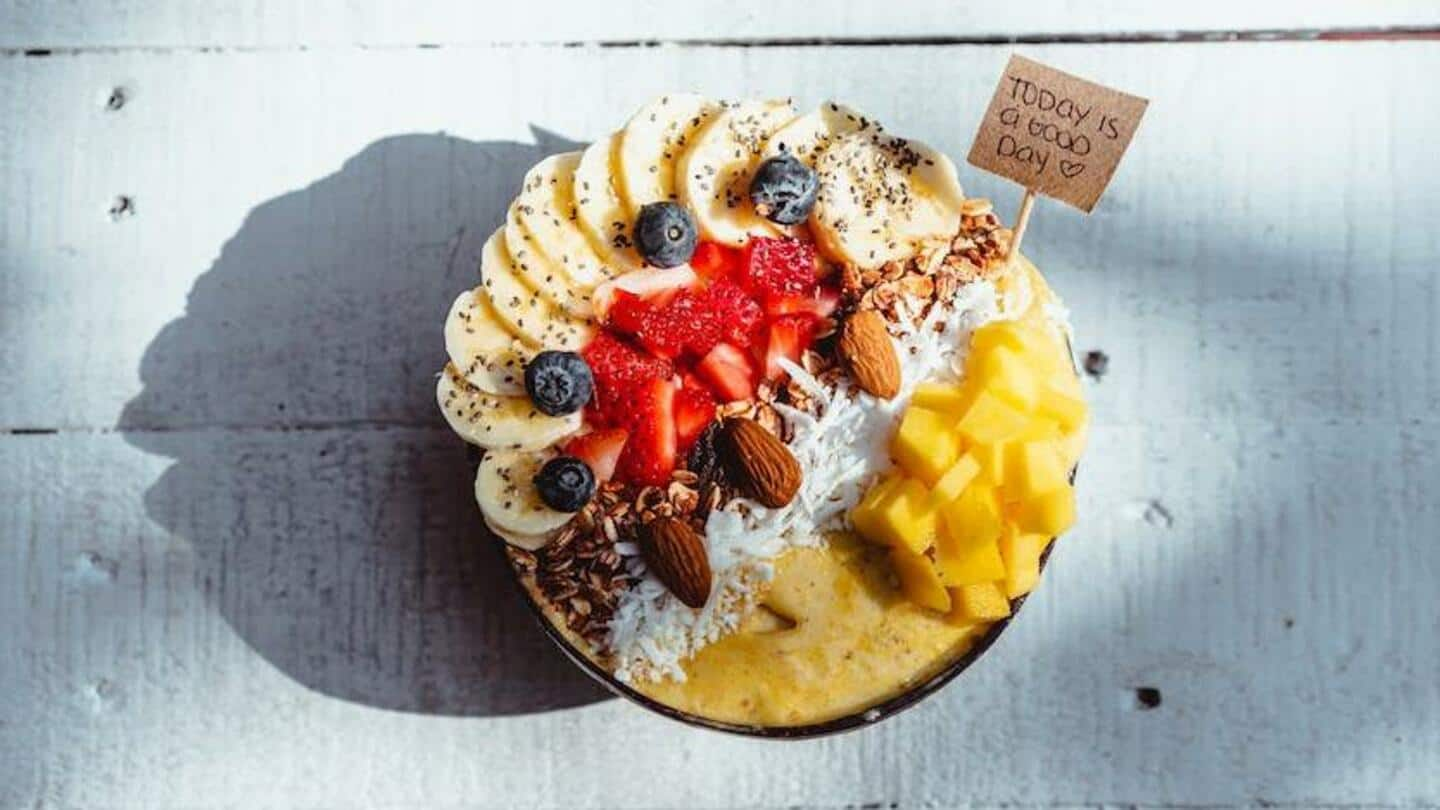
5 collagen-rich food sources for healthier joints and skin
What's the story
Collagen is a protein that is one of the most important building blocks of your body. It provides youthfulness to your skin as it maintains the texture, structure, and suppleness of the skin. It also supports joint health as it aids in maintaining the health of cartilage and tendons. Here are five collagen-rich sources of foods you can include in your diet.
Leafy greens
Vegetables
Green leafy vegetables such as kale, lettuce, broccoli, collard, and spinach are rich in vitamin C and chlorophyll. These aid in collagen production and are rich in antioxidants. Bell peppers, the red variety, have a high content of vitamin C that helps regulate the synthesis of collagen. It also contains vitamin A, which helps boost your skin and joint health.
Citrus
Fruits
Citrus fruits are rich in vitamin C and antioxidants and, as mentioned above, aid in collagen production. Vitamin C also helps in achieving glowing skin as it fights off irritated skin. Tomatoes and grapes too boost collagen production and also contain lycopene, an antioxidant that's great for your skin health. You can include fruits like oranges, lemons, grapefruit, and bananas in your diet.
Zinc & copper
Legumes and beans
Legumes and beans contain amino acids that aid the synthesis of collagen. They also contain several minerals and nutrients like vitamin C, zinc, and copper, which are great for skin health. Include legumes and beans such as soybeans, garbanzo beans, fava beans, and kudzu in your diet, as they boost collagen production naturally and are good for your joints.
Amino acids
Nuts and seeds
Nuts and seeds, too, are rich in amino acids that our bodies cannot produce on their own. As mentioned above, amino acids aid in collagen production. Some examples of sources are almonds, cashews, hazelnuts, peanuts, pistachios, walnuts, sunflower seeds, and plant-based milk, such as soy and almond milk. You can include them in your diet by eating them as quick snacks.
Zinc & copper
Whole grains
Whole grains are high-protein foods containing collagen-building nutrients, including zinc and copper. These nutrients and protein help in transforming amino acids into collagen. Prefer whole grains over refined grains since the refined ones have been stripped of the essential nutrients that our body requires. Some collagen-boosting whole grains that you can include in your diet are oats, quinoa, brown rice, and whole wheat.